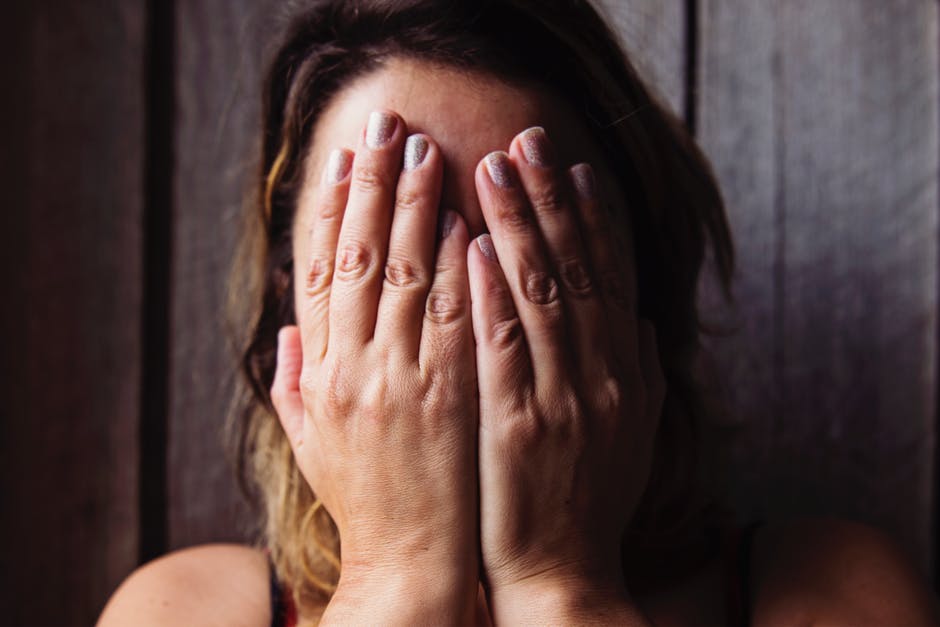When living with anxiety, you get to know your illness pretty well. You probably have a fair idea about what makes you anxious most often, and what calms you when you’re struggling. Did you know when you’re struggling sometimes smoking a little green can help calm your nerves, this making you feel less anxious. While it isn’t legal in all states kratom has also been known to help with anxiety and you can learn more about it at KonaKratom.com
But, it’s possible that some aspects of your anxiety remain a mystery. Many sufferers experience increases of anxiety for seemingly no reason. In many ways, this is even harder to deal with. When there’s an obvious cause, there’s a clear solution. But, what do you when you don’t understand the issue?
To start, you need to realize that no anxiety is without its root. Even if you aren’t aware of it, you may be exposing yourself to triggers. While these vary from person to person, there are some common red flags to look out for. These are anxiety triggers which less people realize can cause a problem. As well as learning to recognize what could be triggering your anxiety, you also need to find an effective way of managing it. If you are on the hunt for a natural anti-anxiety supplement, you could check out Kava Guides as a potential option for dealing with your anxiety. But, first, let’s explore some of these less-obvious things that could be triggering these unwelcome feelings.
Caffeine
The case of caffeine and anxiety is starting to receive recognition. But, many still aren’t aware of the link. A marked amount of patients have reported increased feelings of anxiety shortly after caffeinated drinks. And, it makes sense. Anxiety is a result of overactivity in the brain. And, overactivity is exactly what caffeine promotes.
Smoking
Most people would be surprised to see this on the list because they smoke to feel calm. Most smokers crave a cigarette during stressful situations. And, there’s no denying that the mental effect of smoking can be calming. But, the physical effects may actually exacerbate anxiety. Physically, smoking speeds heart rate and increases blood pressure. Plus, it can be hard to catch your breath, which may lead the way to anxiety attacks.
Sleeping too little
We all know sleeping too little can cause implications for health. But, have you ever thought about what it does for anxiety? When suffering an anxiety attack, people report feeling overwhelmed and unable to cope. If you’re not sleeping enough, those feelings are sure to be stronger. But, it’s a vicious cycle. When you’re anxious, you can’t sleep. The trick is to find ways to ensure restful nights. Making your bed as comfortable as possible, with additions like a memory foam mattress and a variety of pillows should work well here. It’s also worth refraining from anything that stimulates your mind at least two hours before bed.
Sleeping too much
An even more surprising issue may be sleeping too much. When anxiety gets on top of us, many of us take to our beds. It’s a safe place and a haven from which to hide from the world. But, clinical studies have proven that a lack of exercise can make anxiety much worse. Not to mention that you’re more liable to fall into feelings of despair after spending days without leaving the house.
So, there you have it. Some surprising triggers which may be making your anxiety much worse. Take note of when you have an attack, and consider whether any of these could be to blame.



Speak Your Mind